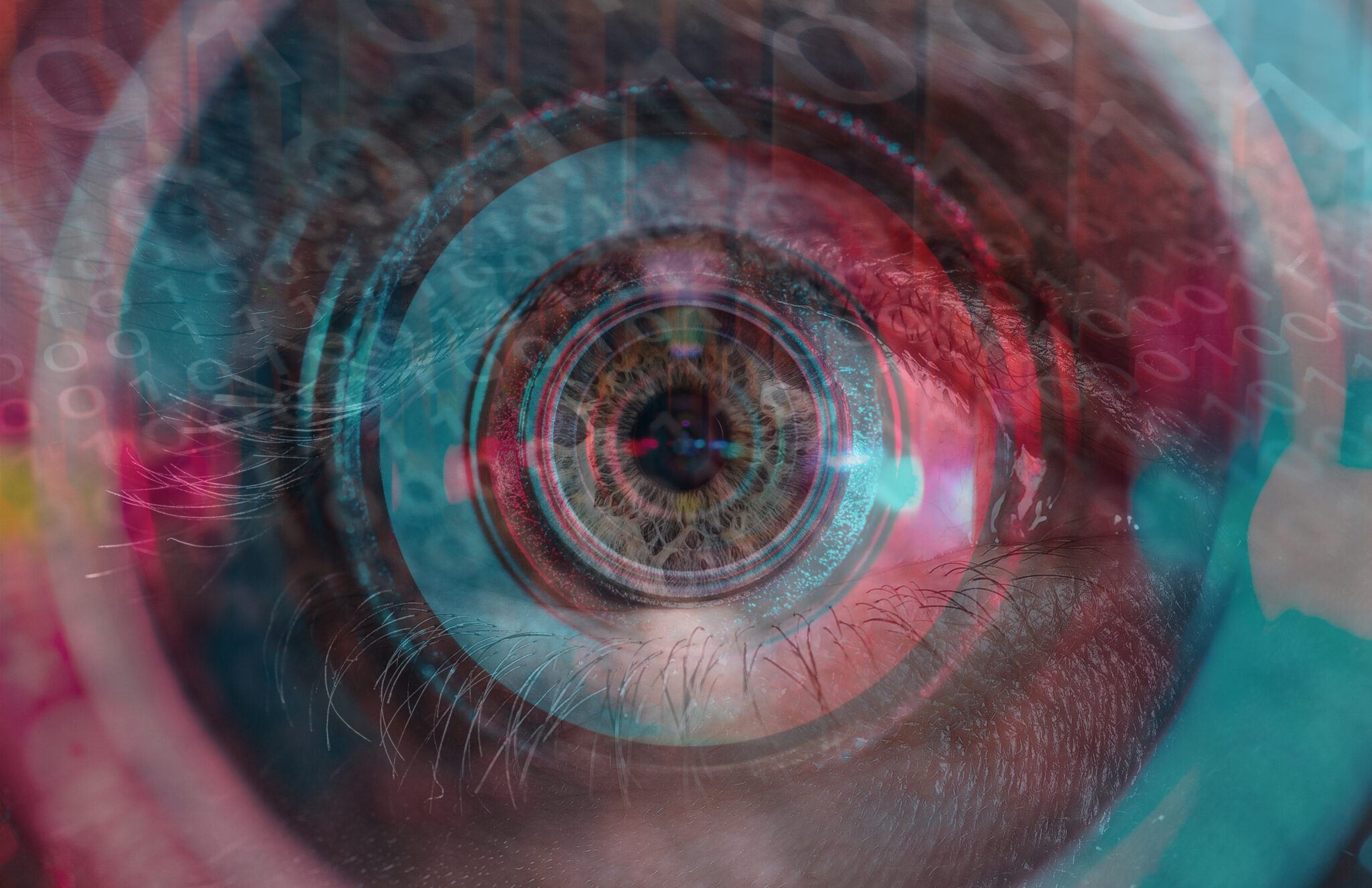Healthcare is undergoing a deep shift in the age of digital transformation, with a plethora of new healthcare apps at the forefront. These apps are not only transforming the way we think about healthcare; they are redefining medical practice, diagnosis, treatment, and patient care. From diagnosis to treatment planning, patient monitoring to research, these applications use cutting-edge technology to provide efficient, accurate, and easily accessible healthcare solutions. Let’s look at some of the most promising healthcare apps that are influencing the future of medicine.
Revolutionizing Healthcare: The Power of Freed AI: https://www.youtube.com/watch?v=-I2vbASTv6k
- Recursion
Recursion, a pioneering healthcare app, uses artificial intelligence (AI) and machine learning (ML) to evaluate massive volumes of biological data. Recursion intends to discover novel treatments for a variety of diseases, ranging from uncommon genetic abnormalities to complex neurological ailments, by integrating computational biology and powerful algorithms.
Website: https://www.recursion.com/
- Zebra
Zebra is changing medical imaging by leveraging AI to help radiologists spot irregularities and diagnose diseases more precisely and efficiently. Zebra’s deep learning algorithms enable early diagnosis of ailments such as cancer, cardiovascular disease, and neurological problems, resulting in better patient outcomes and lower healthcare expenditures.
Website: https://www.zebra.com/ap/en.html
- ProteinQure
ProteinQure is a healthcare software that combines molecular design and artificial intelligence to discover innovative treatments using computational protein design. ProteinQure accelerates drug discovery by simulating protein folding and interactions, resulting in personalised treatments for cancer, infectious illnesses, and autoimmune disorders.
Website: https://proteinqure.com/
- Viz.ai
Viz.ai, which aims to transform medical imaging interpretation, uses AI-powered algorithms to automate radiological image processing. By supporting radiologists in detecting abnormalities and prioritising crucial cases, iz.ai improves diagnostic accuracy and optimises workflow, resulting in faster treatment decisions and better patient outcomes.
Website: https://www.viz.ai/
- Eko
Eko uses AI and digital stethoscopes to improve heart monitoring and diagnosis. By studying heart sounds and rhythms in real time, Eko’s app helps healthcare providers spot cardiac issues early, allowing for timely intervention and individualised treatment options.
Website: https://www.ekohealth.com/
- Healthy.io
Healthy.io, leveraging the widespread availability of cellphones, provides novel solutions for remote urinalysis and chronic kidney disease management. Healthy.io’s smartphone-based urine analysis kits and AI-powered algorithms enable patients to effortlessly monitor their kidney health from home, allowing for early identification of kidney illness and quick medical intervention.
Website: https://healthy.io/
- Cyclica
Cyclica uses computational biophysics and artificial intelligence to speed up drug research and development by predicting drug-protein interactions and analyzing drug safety and efficacy. Cyclica streamlines drug development by optimizing drug candidate properties and identifying potential off-target effects, while also reducing the chance of adverse responses in patients.
Website: https://cyclicarx.com/
- Owkin
Owkin’s collaborative intelligence platform connects healthcare institutions, researchers, and AI professionals to speed medical research and medication discovery. Owkin’s federated learning approaches enable secure and privacy-preserving data analysis across decentralized datasets, encouraging cooperation and knowledge sharing while protecting patient privacy.
Website: https://www.owkin.com/
- Paige
Paige specializes in pathology and uses AI to help pathologists diagnose cancer and other diseases more correctly and effectively. Paige’s software improves diagnostic accuracy, speeds up workflows, and allows for individualized treatment recommendations by evaluating histopathology pictures and recognizing subtle disease-related patterns.
Website: https://paige.ai/
- Atomwise
Atomwise uses AI-driven virtual screening to speed up drug discovery and repurposing efforts. Atomwise speeds the discovery of new therapies for cancer, infectious illnesses, and neurological disorders by simulating molecular interactions and forecasting prospective medication candidates.
Website: https://www.atomwise.com/
- Butterfly Network
Butterfly Network’s handheld ultrasound devices, along with AI-powered imaging software, transform medical imaging by making ultrasound more accessible and portable. Butterfly Network’s pocket-sized ultrasound probes and intuitive smartphone interface enable healthcare providers to conveniently do point-of-care ultrasound examinations, allowing for rapid diagnostic and treatment options.
Website: https://www.butterflynetwork.com/
- Subtle Medical
Subtle Medical improves medical imaging operations by lowering scan durations and radiation doses while retaining image quality using AI-powered post-processing techniques. Subtle Medical enhances picture reconstruction and optimizes imaging protocols to increase patient comfort, throughput, and diagnostic accuracy in a variety of imaging modalities.
Website: https://subtlemedical.com/
- Concerto HealthAI
Concerto HealthAI uses real-world data and AI-powered analytics to enhance oncology research and improve patient outcomes. Concerto HealthAI offers precision oncology techniques, personalised treatment strategies, and evidence-based decision-making in cancer care by analyzing large datasets containing patient demographics, treatment regimens, and clinical outcomes.
Website: https://www.concertai.com/

These revolutionary healthcare apps are only a small sample of the transformative technology transforming the healthcare environment. These apps have the potential to increase diagnosis accuracy, improve treatment outcomes, and empower patients, promising a brighter, healthier future for people all across the world. As we continue to embrace the digital revolution in healthcare, it is critical that we foster collaboration among technology developers, healthcare providers, policymakers, and patients in order to fully realize the potential of these groundbreaking innovations and ensure equitable access to high-quality healthcare for all.









Leave a Reply